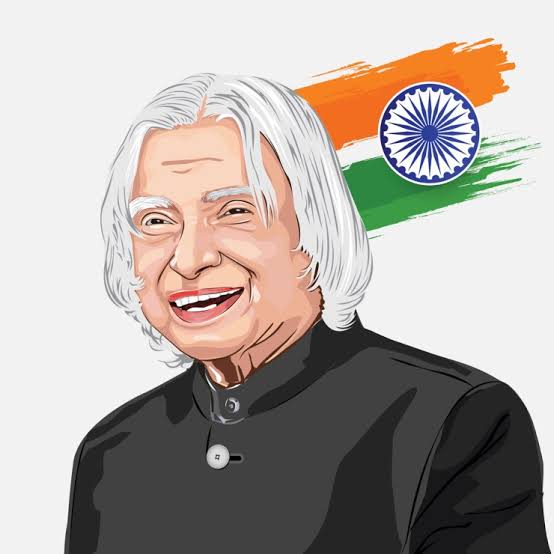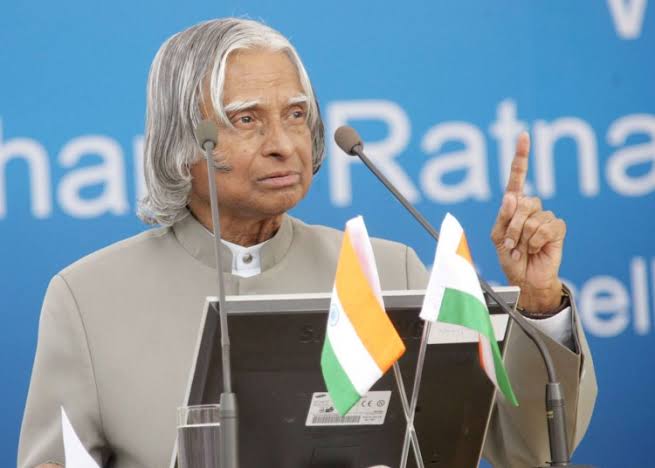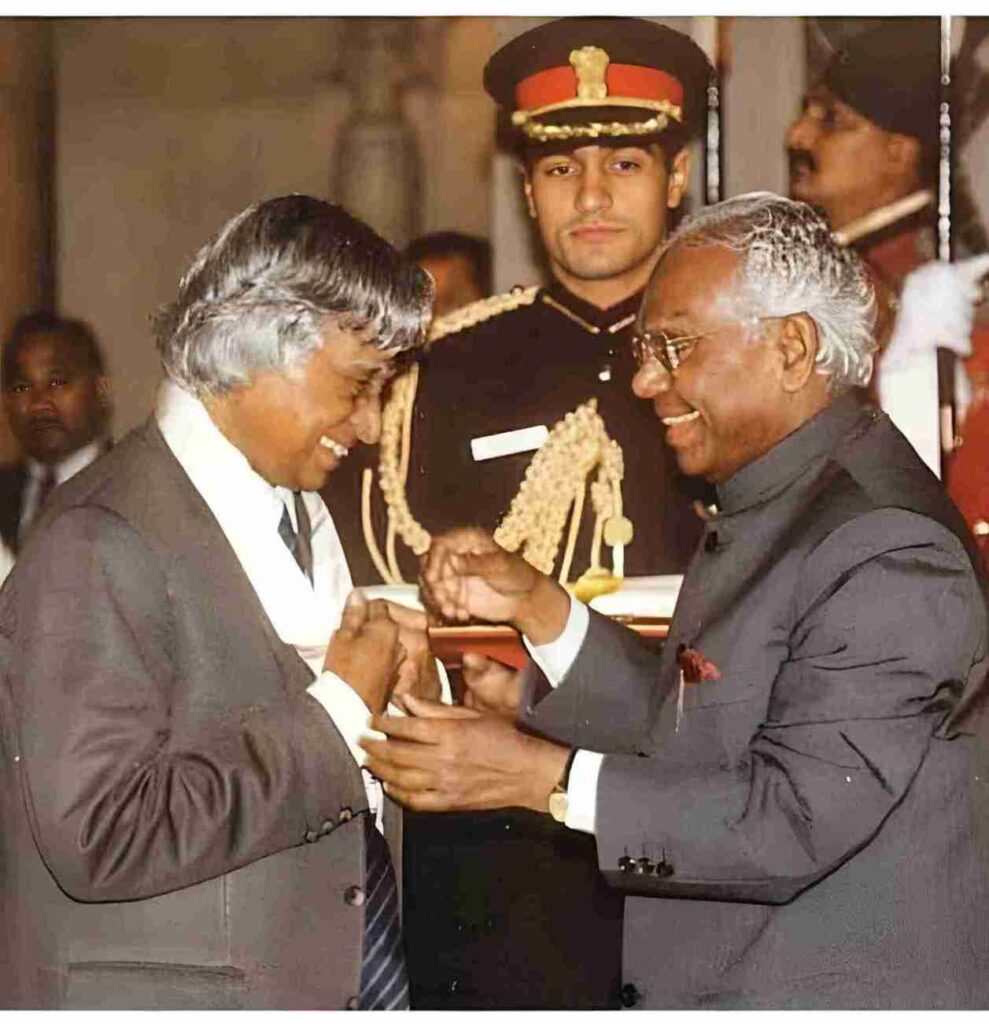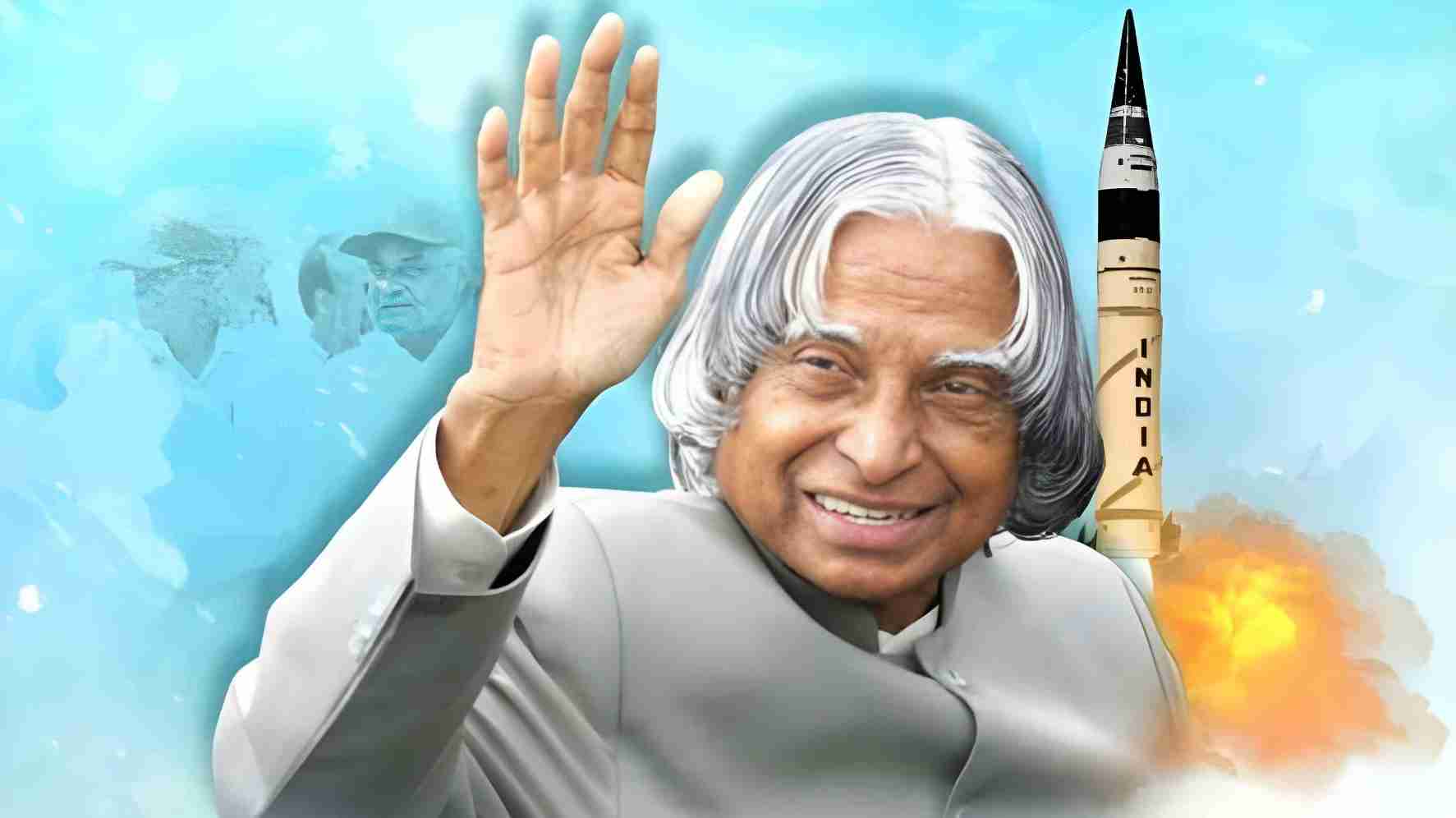Overview
APJ. Abdul Kalam: The Indian scientist, politician, and the 11th president of India.
Dr.Kalam is one of the most distigusible scientist of India with unique honor of receiving honorary decotorated from 30 universities and institutions. He played a pivotal role in the Indian space and missile development program and was born on 15 Oct 1931 in Rameswaram, Tamilnadu.
Kalam’s journey from a humble beginning to becoming the 11th president of India is a remarkable story of perseverance, vision, and dedication.
Early Life and Education
Abdul Kalam was born into a modest family; his father, Jainulabdeen, was a boat owner, and his mother, Ashiamma, was a homemaker. Despite financial constraints, his parents emphasized the importance of education. Kalam’s early education took place in a small school in Rameswaram, where he showed a keen interest in learning. After completing his schooling, he pursued a degree in physics from St. Joseph’s College, Tiruchirappalli. He later moved to the Indian Institute of Technology (IIT) Kharagpur to study aerospace engineering, laying the foundation for his illustrious career in science.
Career in Science
After graduating in 1958, Kalam joined the Defence Research and Development Organisation (DRDO) as a scientist. His initial work involved developing helicopter designs, but his career took a significant turn when he joined the Indian Space Research Organisation (ISRO) in 1969. At ISRO, he was instrumental in the development of India’s first satellite launch vehicle, SLV-3, which successfully launched the Rohini satellite in 1980.

Kalam’s leadership in the Integrated Guided Missile Development Program (IGMDP) in the 1980s marked a turning point in India’s defense capabilities. Under his guidance, India successfully developed a series of missiles, including Agni and Prithvi, making India a significant player in missile technology
The People’s President
In 2002, Dr. Abdul Kalam was elected as the President of India, serving until 2007. His presidency was marked by a unique blend of humility and vision. He became known for his approachable demeanor, often engaging with students and young minds across the country. He believed in the power of youth and frequently emphasized the importance of education, innovation, and scientific research in nation-building.
During his presidency, Abdul Kalam initiated several programs aimed at promoting scientific advancements and encouraging young people to dream big. His vision for India was articulated through his book, “India 2020: A Vision for the New Millennium,” where he outlined his ideas for transforming India into a developed nation by the year 2020.

A Legacy of Inspiration
Kalam’s influence extended beyond his scientific achievements. He was an inspiring speaker and wrote several books that resonated with millions. His autobiography, “Wings of Fire,” recounts his journey from a small town to the highest office in India, providing motivation and encouragement to aspiring students and professionals alike. His simple yet profound philosophy of life, encapsulated in his quotes such as “Dream, Dream, Dream. Dreams transform into thoughts and thoughts result in action,” continues to inspire generations.
“Learing gives creativity, Creativity leads to thinking, Thinking provides knowledge, Knowledge makes you great”
By APJ Abdul Kalam
He was also a strong advocate for education and innovation, believing that these elements are crucial for a nation’s development. His interactions with students were not just limited to speeches; he actively encouraged them to participate in scientific experiments and projects, fostering a spirit of inquiry and creativity.
Post-Presidency Contributions
After his term as President, Kalam continued to engage with the public, focusing on education and youth development. He served as a visiting professor at various institutions, including the Indian Institute of Management (IIM) and the Indian Institute of Technology (IIT). He was also involved with several organizations dedicated to improving education in rural areas and promoting technological advancements in various fields.
Kalam’s commitment to serving the nation and uplifting the youth remained unwavering. He often visited schools and colleges, sharing his experiences and encouraging students to pursue their dreams with diligence and passion.
Awards and Honors!
Dr. Kalam received numerous awards and accolades throughout his lifetime, reflecting his contributions to science, education, and society. He was honored with the prestigious Padma Bhushan (1981) and Padma Vibhushan (1990), India’s highest civilian award, in 1997. Additionally, he received several honorary doctorates from various universities and institutions across the globe, recognizing his efforts in promoting science and technology.

Final Years and Legacy
Kalam passed away on July 27, 2015, while delivering a lecture at the Indian Institute of Management Shillong. His sudden demise shocked the nation, but his legacy continues to live on. He left behind a profound impact on Indian society, particularly in inspiring the youth to dream big and work towards achieving their goals.
In the years following his death, initiatives inspired by Kalam’s vision for a developed India have continued. Schools and educational institutions have incorporated his teachings into their curricula, and various programs aimed at nurturing young talent in science and technology have emerged.
Conclusion
Abdul Kalam’s legacy lives on through his writings and teachings, which continue to motivate future generations to pursue knowledge and contribute to society. His humility, dedication, and passion for youth empowerment remain an enduring influence.

